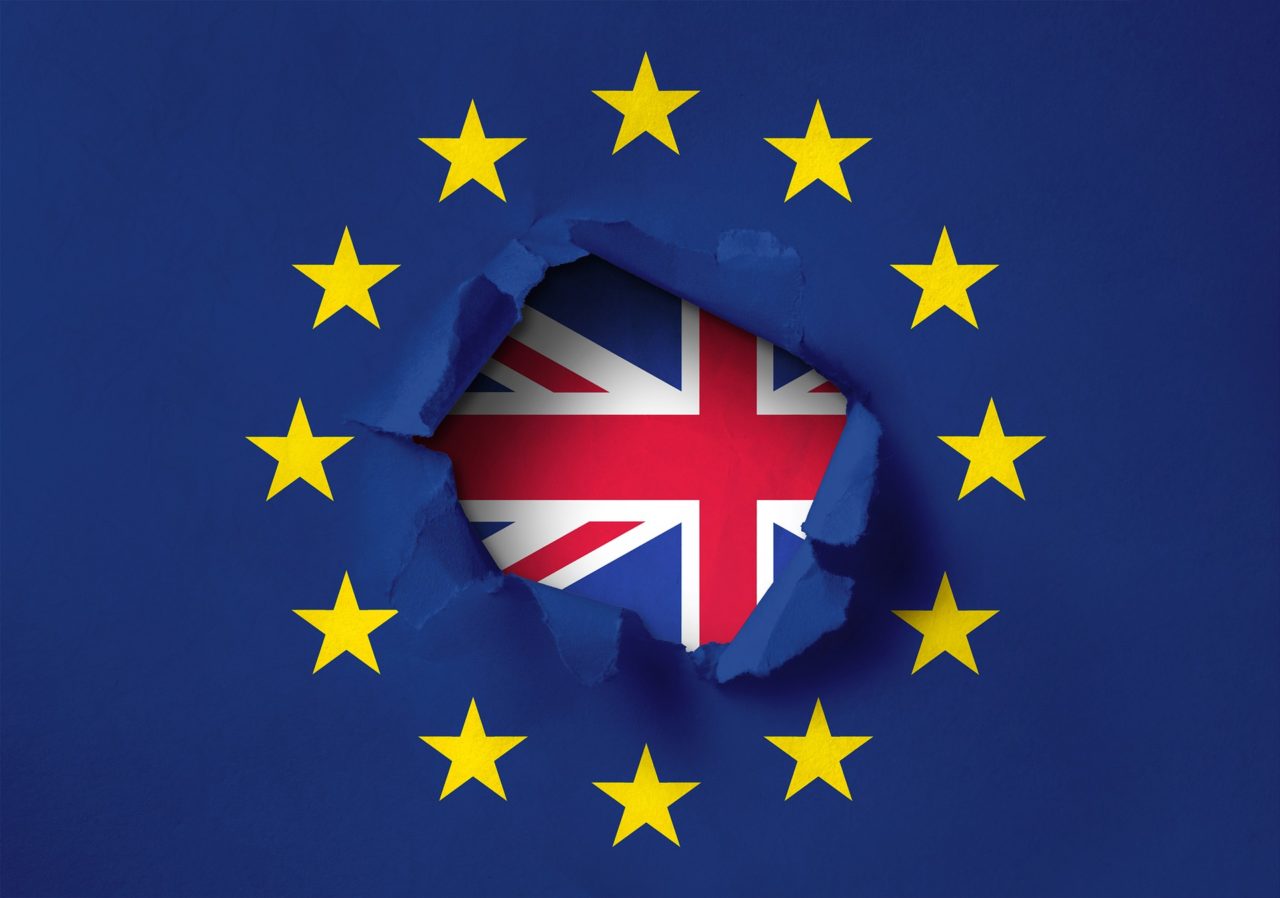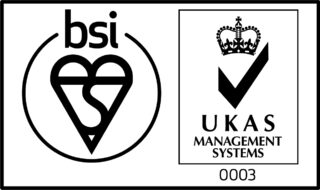CCUK – A Practical Brexit

We would like to thank Thor Specialties (UK) for hosting our event, Microbiological Solutions (MSL) and the recruitment agency E3R for their sponsorship of the event.
CCUK held a ‘Practical Brexit’ day on Dec 4th for cosmetics sector companies with presentations from HSE/Defra (the UK legal authority post Brexit for the cosmetics and personal care industry), the CTPA (advocate for the industry) and CCUK member companies who together provided advice on Brexit ‘deal or no deal’.
Francesca Rapolla, Regulatory Officer CTPA introduced the considerable work that the CTPA is doing to help the industry and in lobbying the government. Her advice in preparation for a ‘no deal’ Brexit is for UK companies selling in the UK and exporting to the EU is to make arrangements for a EU based Responsible Person (RP) – a legal entity based in one member country, that will hold the product information file (PIF). She advised against the default position of the importer being the RP. Furthermore the name and address of the EU RP needs to be on pack in addition to the name and address of the UK Company. Finally a word of caution on the entity providing product safety assessment – Francesca said that post Brexit, companies should check to ensure that safety assessor organisations remain complaint with the EU. For regular updates and more information, go to www.ctpa.org.uk/brexit.
Post Brexit without a deal, the HSE/Defra will take over from ECHA all responsibilities for health and safety within the cosmetics industry, including adopting REACH legislation into UK-REACH. If we exit the EU with the current proposed deal, we will remain within ECHA in the transition period and until a subsequent full economic partnership agreement is in place. Elinor Lloyd (HSE) and Alun Williams (Defra) gave an update on the post Brexit arrangements where we exit without a deal. As with the CTPA, HSE/Defra are urging companies to be aware of what they need to do should the UK exit without a deal.
Post a ‘no deal’ Brexit, HSE will become the authority for UK notification of new chemicals and actives used in products. Companies looking to operate in both UK and EU markets will need to deal with both regulatory systems. Basically, for UK companies to maintain access to the EEA market, UK REACH registration holders will need to transfer their registrations to an EEA-based organisation (such as an affiliate, an importer or an Only Representative (OR)). New registrations will need to be made both in the UK and EU.
An online portal is being developed which should make transition from ECHA to HSE ‘fairly painless’ and will support new registrations post March 29th. In the event of a no-deal Brexit, UK Companies selling into the UK will have 60 days to open an account providing basic information. All the guidance is available on the HSE website. http://www.hse.gov.uk/brexit/brexit-chemical-regulation.htm. http://www.hse.gov.uk/brexit/brexit-no-deal-guidance.htm
We were delighted to welcome three CCUK partner companies to present their take on Brexit. Alex Fotheringham from Microbiological Solutions (MSL) talked more about the Responsible Person (RP). MSL have taken on the role of 3rd party RP for their own client companies and have established an office in Dublin to be able to act as RP in the EU.
Key to the RP is that entities address is shown on the product packaging, the RP should complete the required Cosmetic Product Notification through the Portal (CPNP) and they must hold the Product Information File. Alex presented several scenarios that face UK companies whether they sell just in the UK or in both UK and EU. If we exit the EU with no deal, the requirements are ultimately likely to be the same for companies, but the timescales will be shorter as there will be no transition period. So he urged companies to consider whether they are ready now for a no deal Brexit and suggests that becoming dual compliant won’t be a waste of time as it will be required – deal or no deal!
Scott Betts, Technical Manager Thor Specialities (UK) Limited talked about their plans for Brexit. As a major user of chemicals, the supply chain for imports from the EU was one of the most relevant aspects of Brexit and Scott emphasized that the need for dual registration of chemicals will incur additional costs and an interim position of retaining higher stocks, which they are planning for.
Greg Barton, deputy MD at Surfachem completed the day with his perspective on all the possible scenarios that may emerge over the coming weeks and presented implications to Surfachem of the effects of tarrifs that would be introduced under a no deal scenario. If a 10% duty was applied on purchased good from the EU – costs to their business would be considerable at over £2m. He also presented scenarios on how the effects on currency would affect the business with weakened sterling vs dollar and Euro. Together the impact of tarrifs and currency represents considerable input cost; however, (and because every cloud has a silver lining) exports would benefit through lower output costs. Finally Surfachem have made some strategic joint ventures and acquisitions in the EU, which will help cushion the impacts of Brexit.
So, key take home messages were that the sector needs to be ready now for a ‘no deal’ Brexit on March 29th 2019 with examples of issues being REACH legislation (moving to UK REACH under HSE/Defra), product safety assessment by UK companies has to ‘pass’ EU requirements for UK product sales in the EU and UK and products for sale in the UK and EU will need to be registered in UK and an EU country with an EU RP. Employability issues were also discussed in the context of the possible downturn in well-trained EU nationals coming to or continuing to work in the UK, and the ability of the UK to fill these skills gaps via Further and Higher education and apprenticeships. This latter point is something that CCUK are already engaged in with partners including the CTPA, SCS, CEW-UK and will be working to understand the impacts in its Cosmetic Science Employability Project next year.






